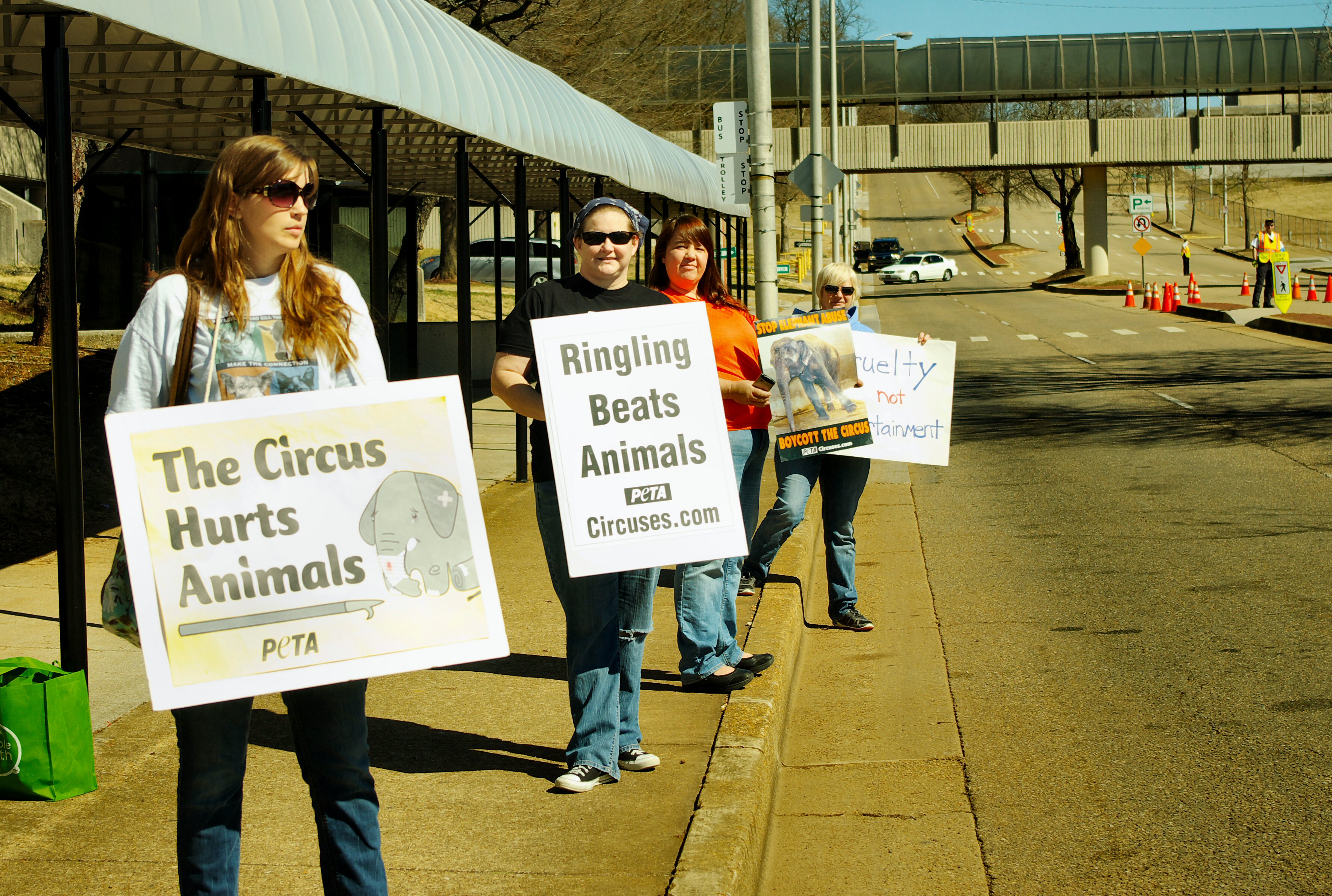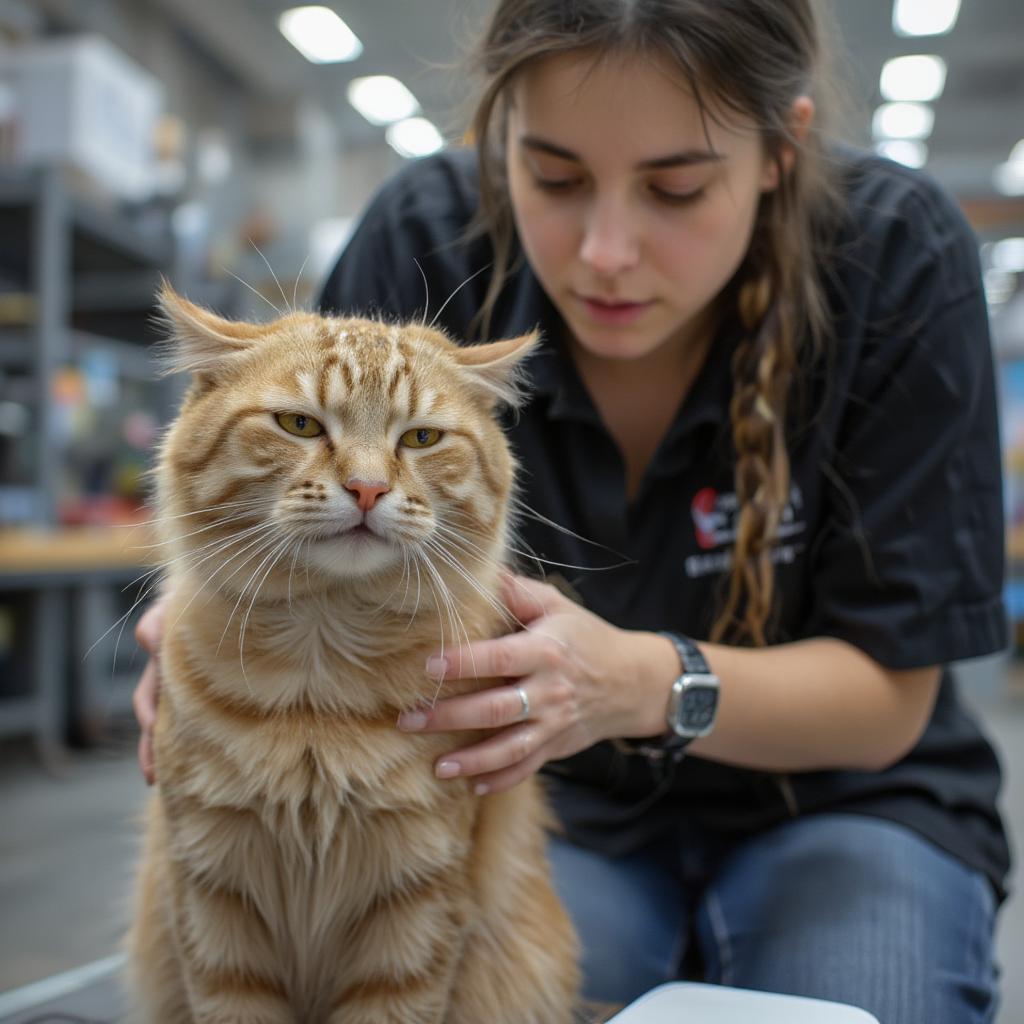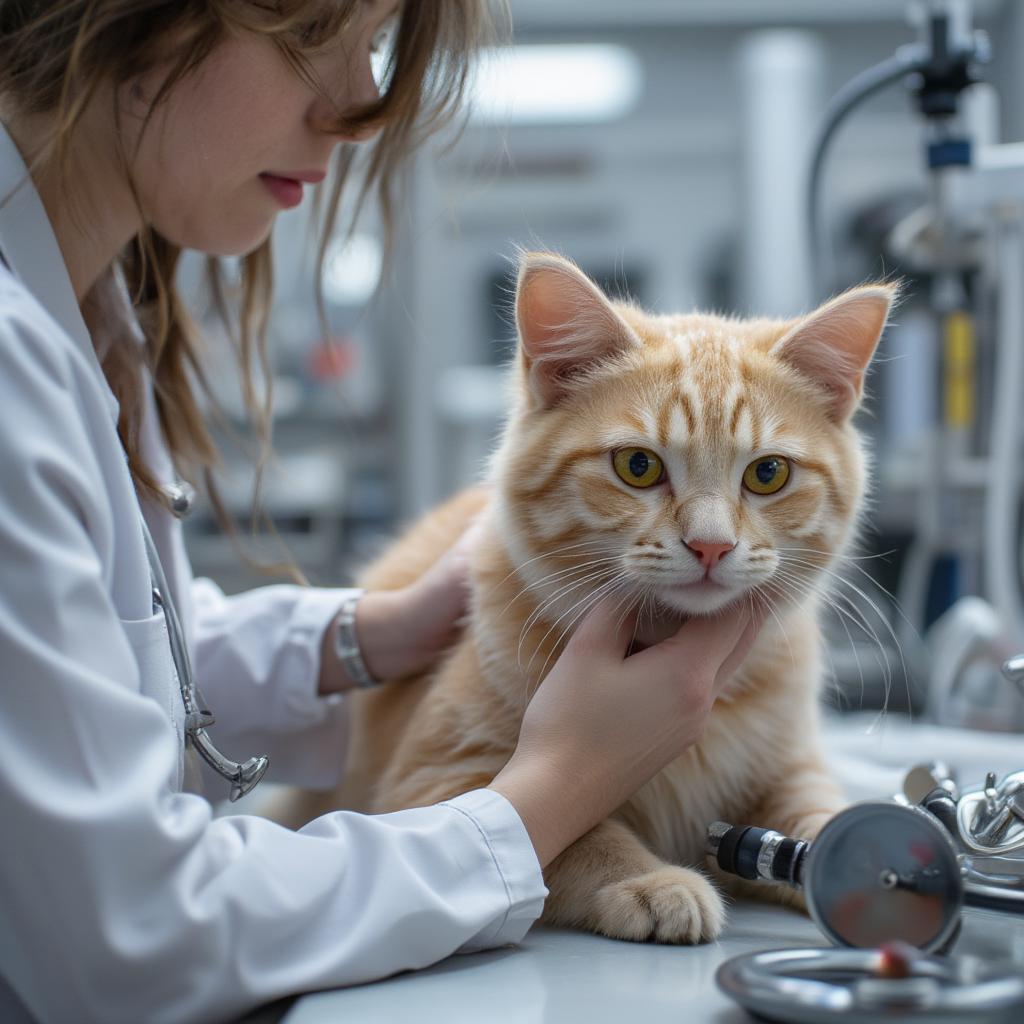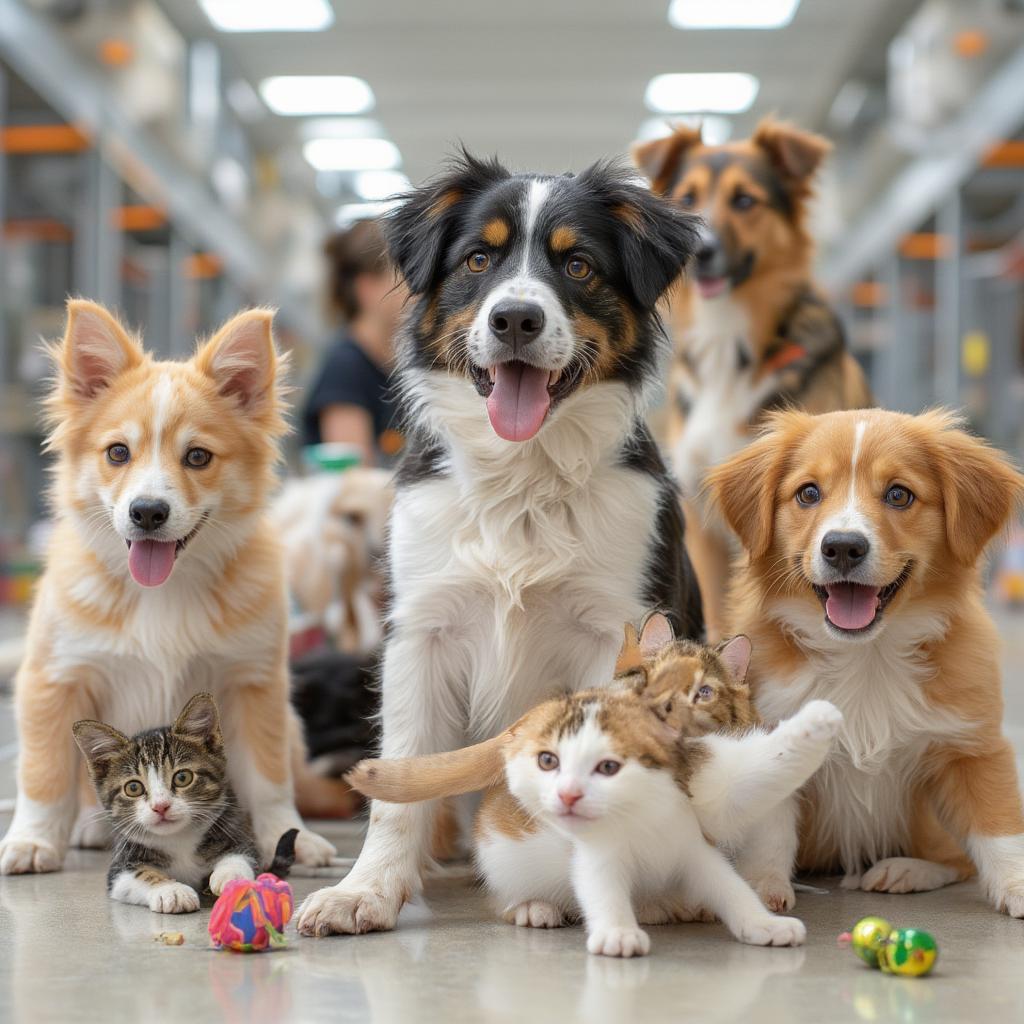Introduction to Animal Rights Organizations
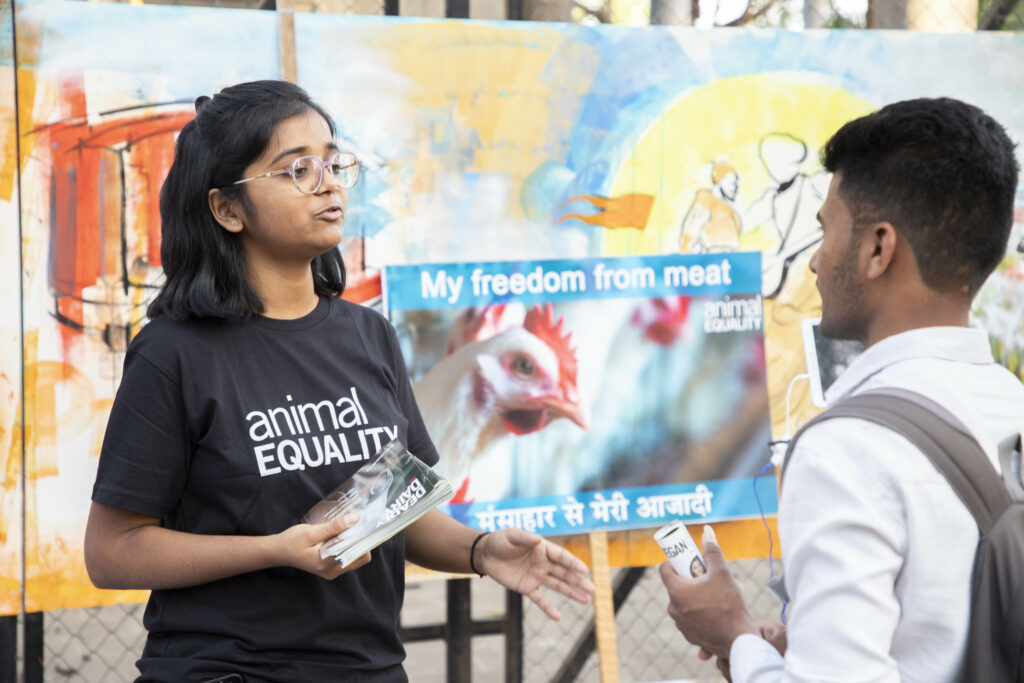
Animal Right Organizations have been a topic of debate for decades, with people across the world advocating for the protection and ethical treatment of animals. This has led to the rise of various animal rights organizations, dedicated to promoting the welfare of animals and raising awareness about their rights.
These organizations work tirelessly to fight against animal cruelty, exploitation, and abuse in various industries such as agriculture, entertainment, and fashion. In this blog post, we will take a closer look at the top 10 animal rights organizations that are making a significant impact in this movement.
History of Animal Right Organizations
The concept of animal right can be traced back to ancient civilizations, where some cultures believed in the spiritual connection between humans and animals. However, it wasn’t until the mid-19th century that the idea of animal rights gained traction in Western societies. The Society for the Prevention of Cruelty to Animals (SPCA) was founded in England in 1824, followed by the American Society for the Prevention of Cruelty to Animals (ASPCA) in 1866. These organizations were primarily focused on preventing cruelty towards domesticated animals.
In the 20th century, the animal right movement gained momentum with the publication of the book “Animal Liberation” by philosopher Peter Singer in 1975. This book sparked a global conversation about the ethical treatment of animals and the need for their rights to be recognized. As a result, several animal rights organizations were established around the world, with a more significant focus on the welfare of all animals, including those used for food, experimentation, and entertainment.
Current State of Animal Right Organizations
Today, animal right organizations continue to grow in number and influence, with millions of members and supporters worldwide. They play a crucial role in shaping public opinion and influencing policies and legislation related to animal welfare. Many of these organizations also conduct investigations, rescue operations, and provide shelter and rehabilitation for abused or neglected animals. They also work closely with governments, corporations, and other stakeholders to promote ethical treatment of animals and end animal cruelty.
The current state of animal rights organizations is a reflection of the growing concern and awareness about animal welfare in society. People are becoming more conscious of their impact on animals and are actively seeking ways to contribute to this cause. This has resulted in increased funding and support for these organizations, enabling them to expand their reach and effectiveness in advocating for animal rights.
Key Players in the Animal Right Movement
The animal right movement would not be where it is today without the dedication and hard work of some key players. These individuals have been instrumental in raising awareness about animal rights and promoting change at both individual and institutional levels. Some of the notable figures in the animal rights movement include:
Peter Singer
As mentioned earlier, Peter Singer’s book “Animal Liberation” had a significant impact on the animal rights movement. He is considered to be one of the pioneers of the modern animal rights movement and is known for his utilitarian approach to ethics, which argues that the well-being of all beings, regardless of species, should be taken into account.
Ingrid Newkirk
Ingrid Newkirk is the co-founder and president of People for the Ethical Treatment of Animals (PETA), one of the largest and most influential animal right organizations in the world. She has been actively involved in animal rights activism for over 40 years and has been recognized for her tireless efforts in promoting ethical treatment of animals.
Wayne Pacelle
Wayne Pacelle became the president and CEO of the Humane Society of the United States (HSUS) in 2004 and has since been a leading figure in the animal rights movement. Under his leadership, HSUS has become one of the largest animal protection organizations globally, working to protect all animals from abuse, neglect, and exploitation.
Discover the Top Animal Rescues in New Mexico
Types of Animal Right Organizations
Animal right organizations can be broadly categorized into three types based on their objectives and focus:
Welfare Organizations
These organizations work towards improving the quality of life for animals, focusing on issues such as animal sheltering, rescue operations, and adoption programs. They also provide education and resources to pet owners on responsible pet care and promote community spay/neuter programs to control the overpopulation of animals.
Rights Organizations
Rights organizations have a broader focus and aim to change attitudes and laws to grant animals the same rights as humans. They advocate for an end to all forms of animal use, such as farming, experimentation, and entertainment, and promote veganism as a way to reduce animal suffering.
Conservation Organizations
Conservation organizations focus on protecting endangered species and habitats, working towards preserving biodiversity and ecosystems. They also engage in advocacy and education to promote sustainable practices that do not harm wildlife.
Discover the Heartwarming Work of PALS Animal Shelter and Rescue
Goals and Objectives of Animal Right Organizations
The primary goal of animal rights organizations is to promote the welfare and ethical treatment of animals and protect them from cruelty, abuse, and exploitation. To achieve this, they have several objectives, including:
- Raising awareness about animal rights and the impact of human actions on animals
- Lobbying for legal and policy changes to improve animal welfare
- Conducting investigations and exposing instances of animal cruelty and abuse
- Providing support and resources for rescued or neglected animals
- Educating the public about responsible and humane treatment of animals
- Collaborating with governments, corporations, and other stakeholders to promote animal-friendly practices and policies
- Encouraging and promoting plant-based diets and reducing the consumption of animal products
Through these goals and objectives, animal rights organizations aim to create a more compassionate and ethical world where animals are treated with respect and empathy.
Challenges Faced by Animal Right Organizations
Despite the growing support and impact of animal right organizations, they face several challenges in their quest for promoting animal welfare. Some of the significant challenges include:
- Lack of legal recognition: Animals are not considered legal entities and do not have rights in most countries. This makes it challenging for animal rights organizations to advocate for their needs and protection effectively.
- Limited resources: Many animal rights organizations operate on a tight budget, relying on donations and volunteers. This limits their ability to conduct investigations or rescue operations frequently.
- Opposition from industries: Industries that use animals for food, entertainment, or other purposes often lobby against animal rights organizations and attempt to discredit their work. This poses a challenge for these organizations in advocating for change within these industries.
- Public perception: Not everyone supports or understands the concept of animal rights, leading to criticism and backlash towards these organizations and their efforts.
Despite these challenges, animal rights organizations continue to strive towards their goals and make significant progress in raising awareness and promoting positive change for animals.
Impact of Animal Right Organizations on Society
The work of animal right organizations has had a profound impact on society, leading to changes in attitudes and behaviors towards animals. Their efforts have helped raise awareness about the abuse and exploitation of animals in various industries, resulting in more people opting for plant-based diets and cruelty-free products. They have also influenced legislation and policies, leading to better protection and rights for animals in many countries.
Additionally, animal rights organizations play a crucial role in educating the public about responsible pet ownership and promoting humane treatment of animals. Through their campaigns and initiatives, they have inspired millions of individuals to take action and become advocates for animal rights. Overall, their impact on society has been significant and continues to grow as more people become aware of and support this cause.
Lifeline Pet Rescue Saving Animals One Life at a Time
How to Get Involved with Animal Right Organizations
If you are passionate about animal rights and want to get involved, there are various ways to do so. Here are some suggestions:
- Support animal rights organizations by donating money, volunteering your time, or participating in their campaigns and events.
- Adopt a pet from a shelter instead of buying one from a breeder.
- Educate yourself and others about animal rights and encourage them to make more compassionate choices.
- Choose plant-based options and reduce your consumption of animal products.
- Participate in protests and demonstrations to raise awareness about animal welfare issues.
- Lobby for legislation and policies that promote animal rights.
Remember, even small actions can make a difference in the fight for animal rights. So don’t be afraid to speak up and take action for those who cannot speak for themselves.
Future of Animal Right Organizations
As the movement for animal rights continues to gain momentum, the future looks bright for animal rights organizations. With advancements in technology and social media, these organizations now have more tools at their disposal to reach a wider audience and create positive change. They are also increasingly collaborating with other social justice movements, such as environmentalism and human rights, to highlight the interconnectedness of all beings and promote a more holistic approach towards achieving equality for all.
Moreover, as more people become aware of and support animal rights, there is hope for significant changes in legislation and societal norms. The future will see a greater emphasis on ethical treatment of animals and reduced use of animals for various purposes. This will not only benefit the animals but also have a positive impact on the environment and human health.
Conclusion
Animal right organizations play a crucial role in advocating for the welfare and rights of animals. Their tireless efforts and dedication have led to significant progress in raising awareness and promoting positive change for animals. As we continue to evolve and understand our impact on the world around us, it is essential to recognize the importance of ethical treatment of animals and support the work of these organizations. Only through collective action can we truly create a more compassionate and just society for all beings.







